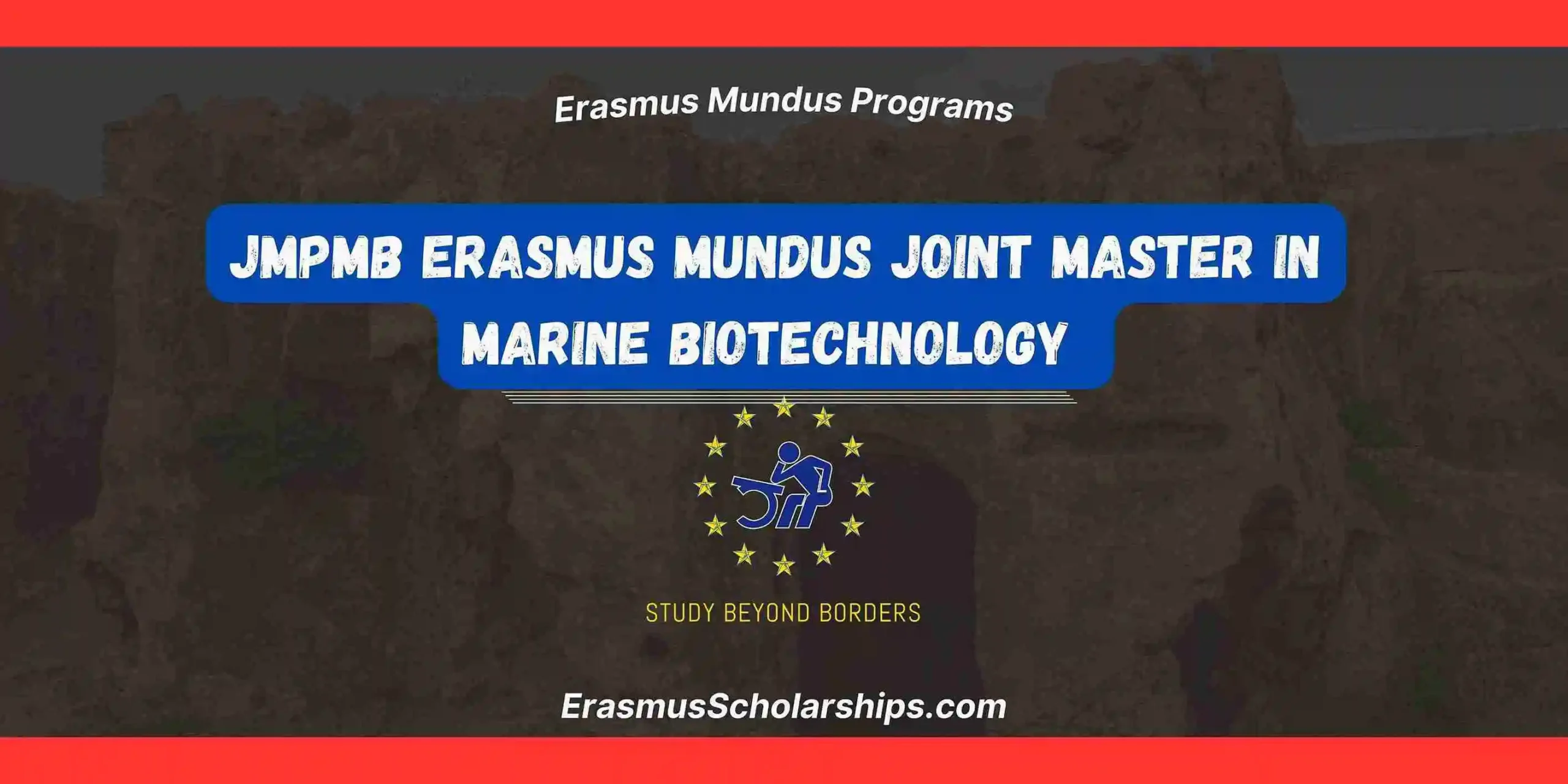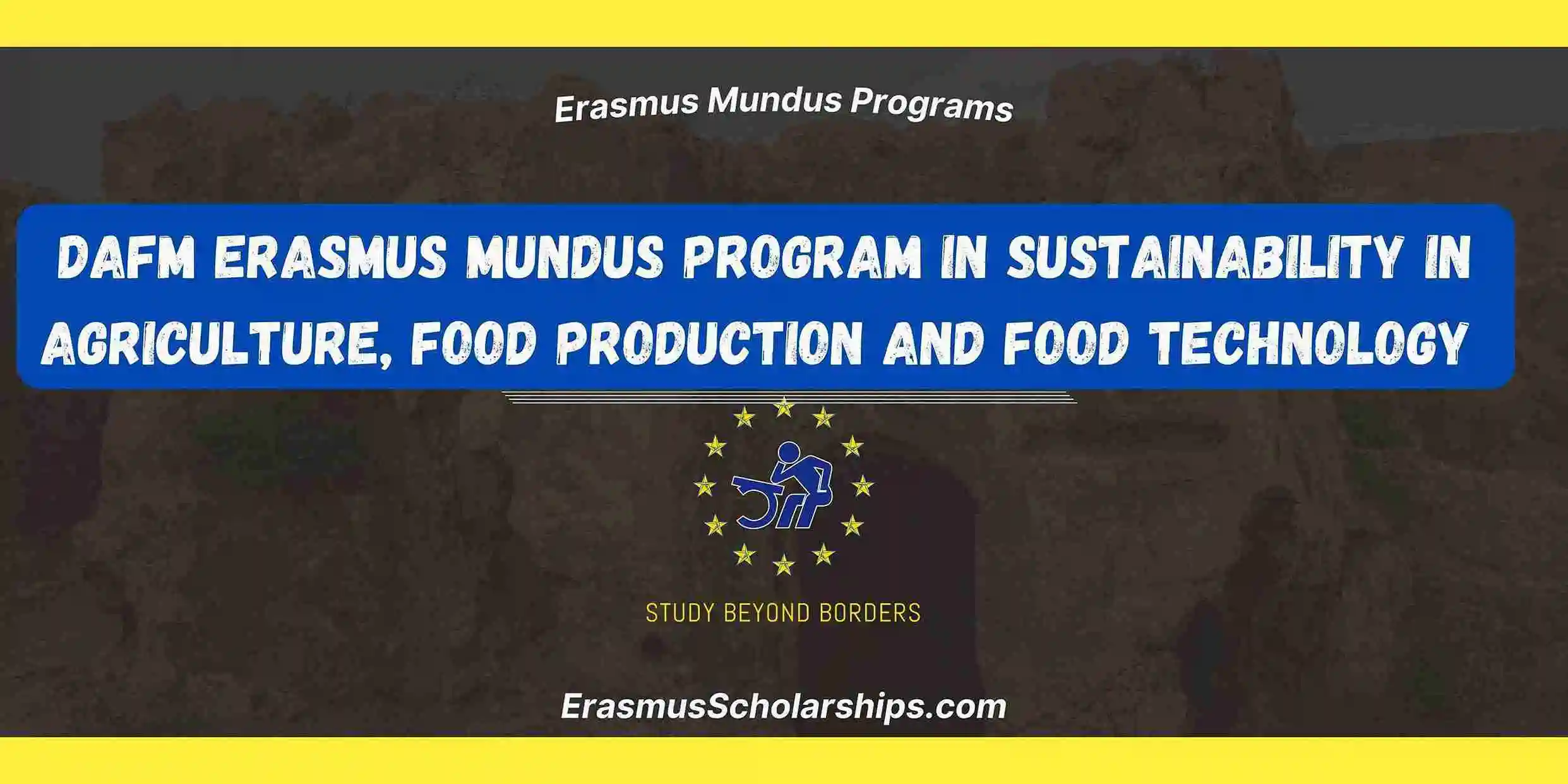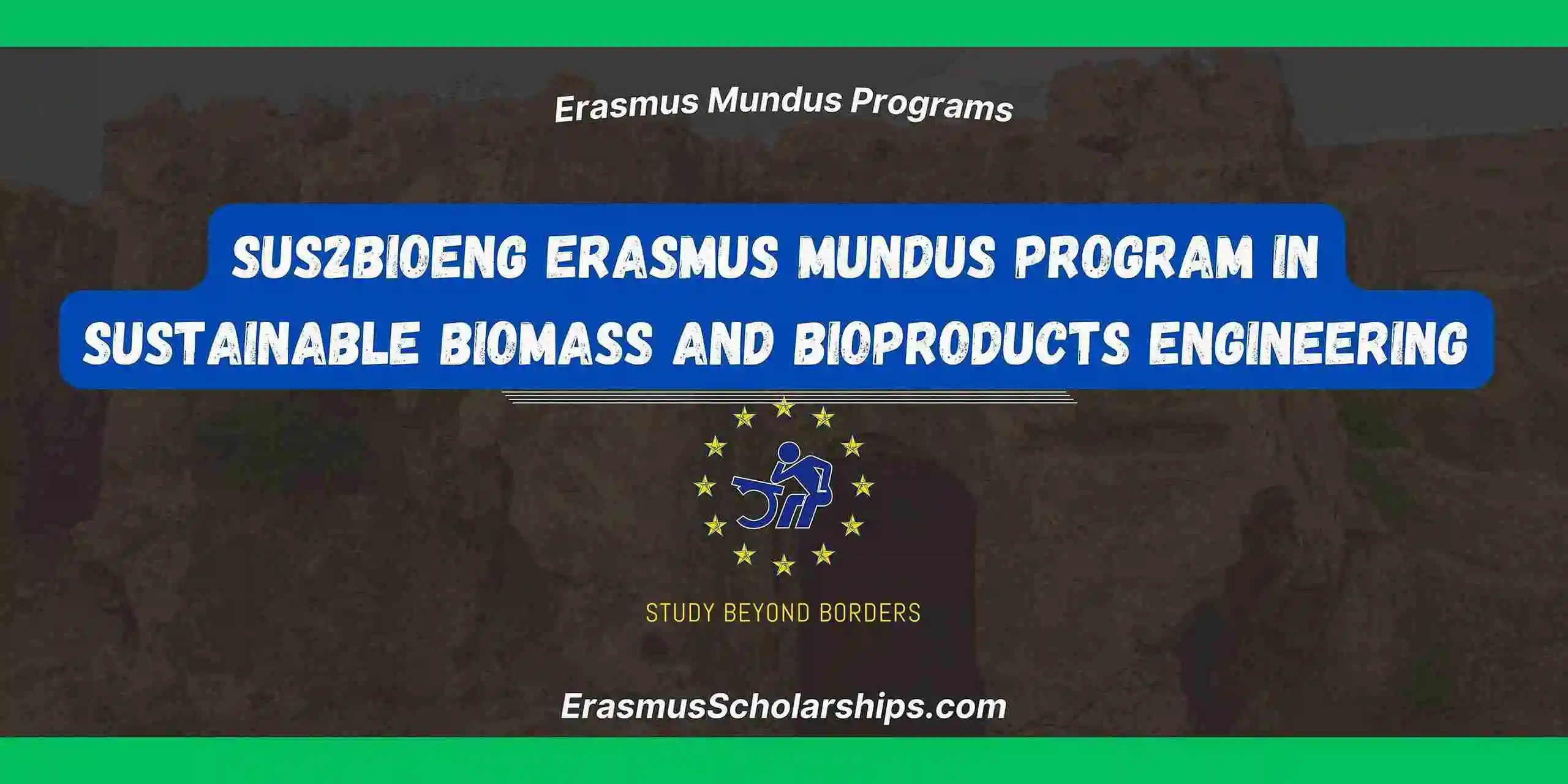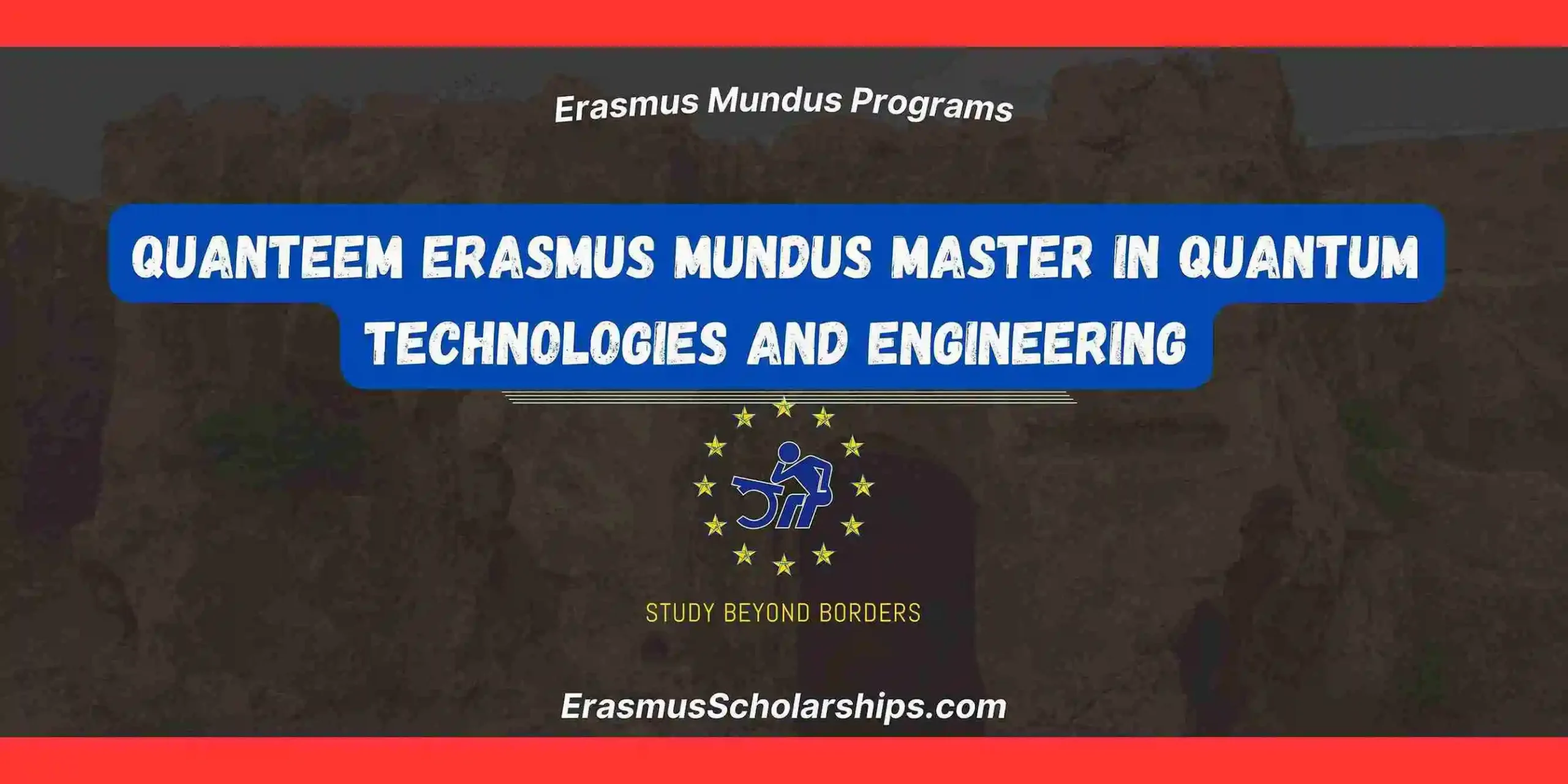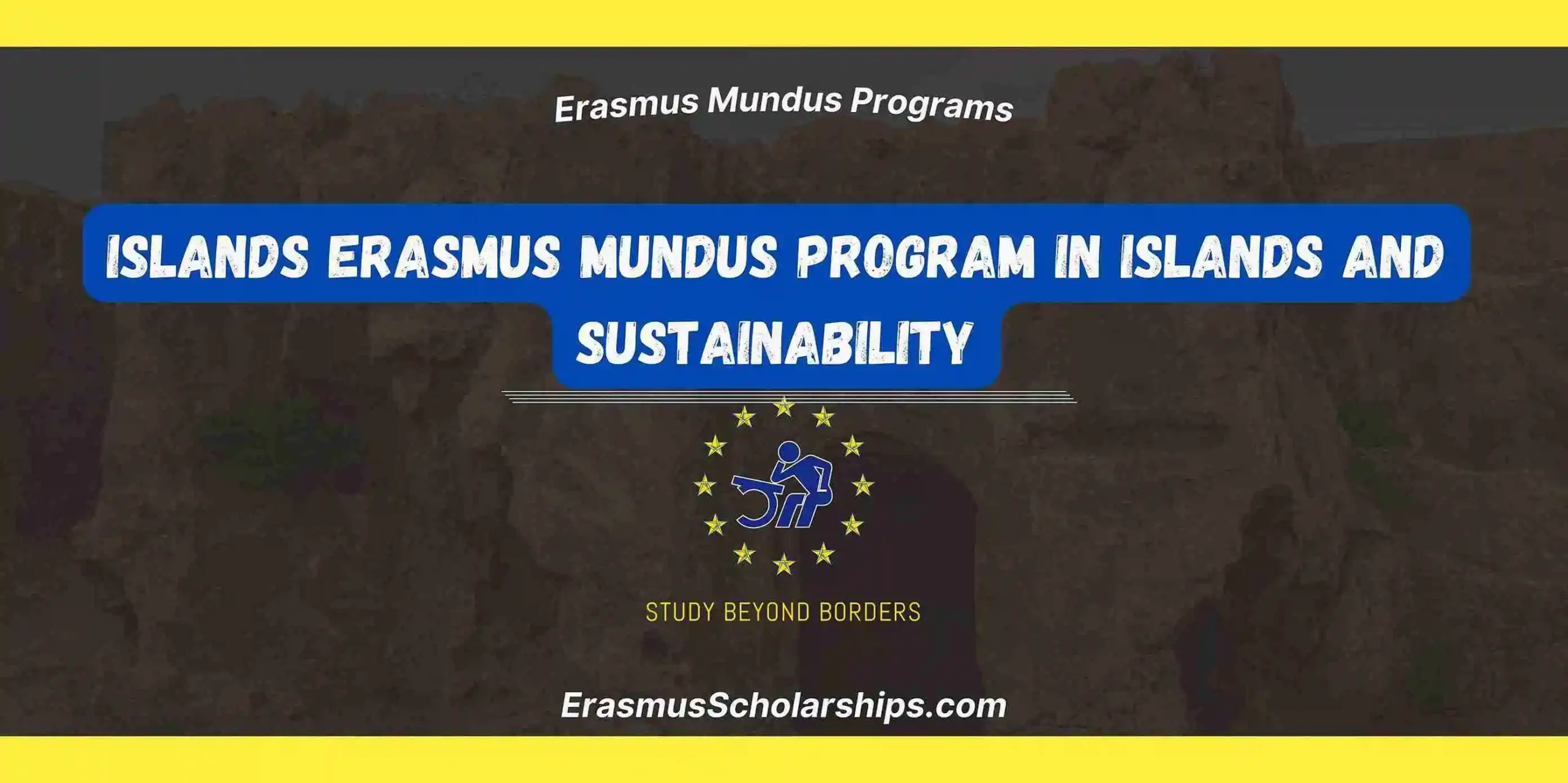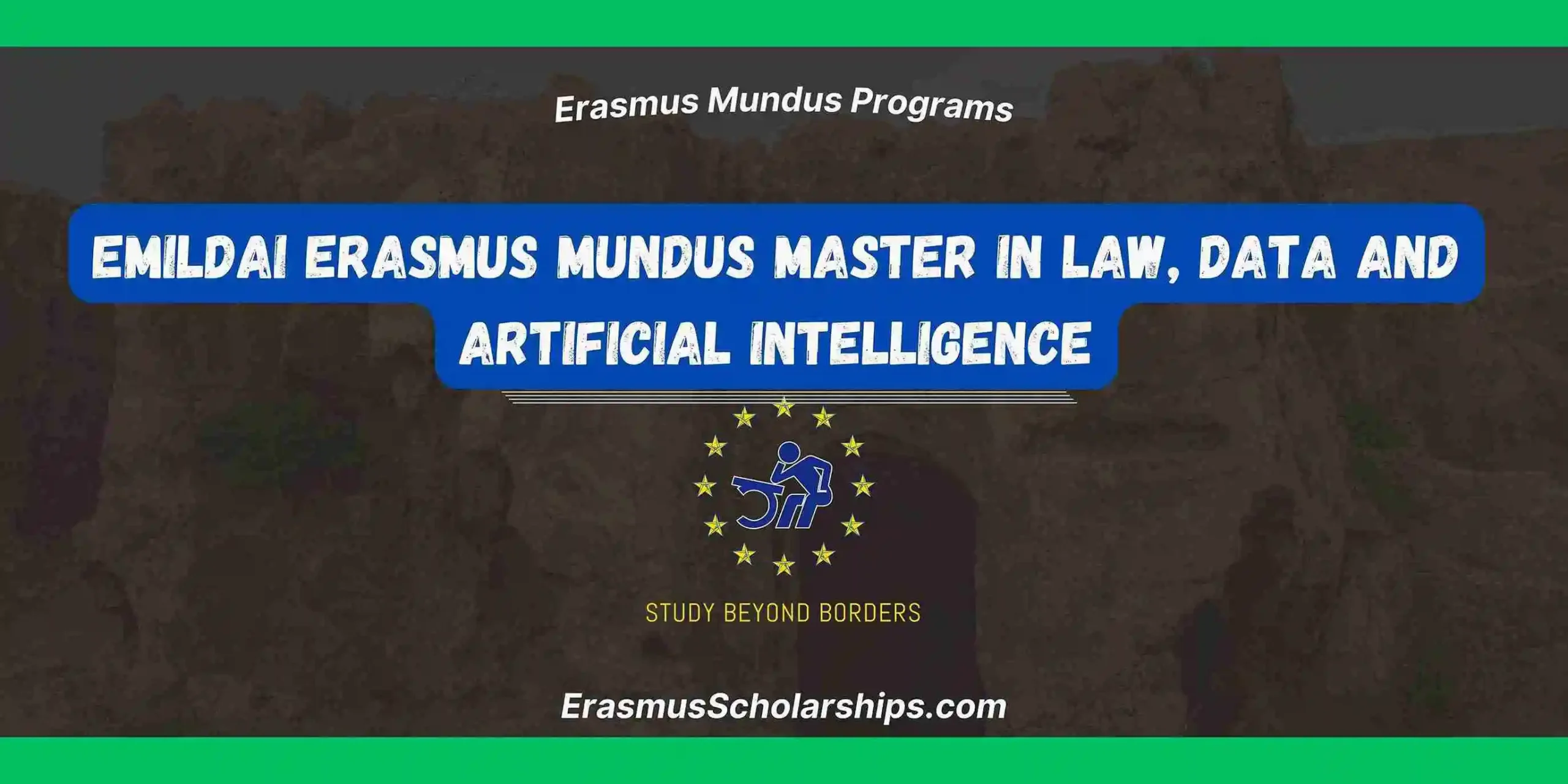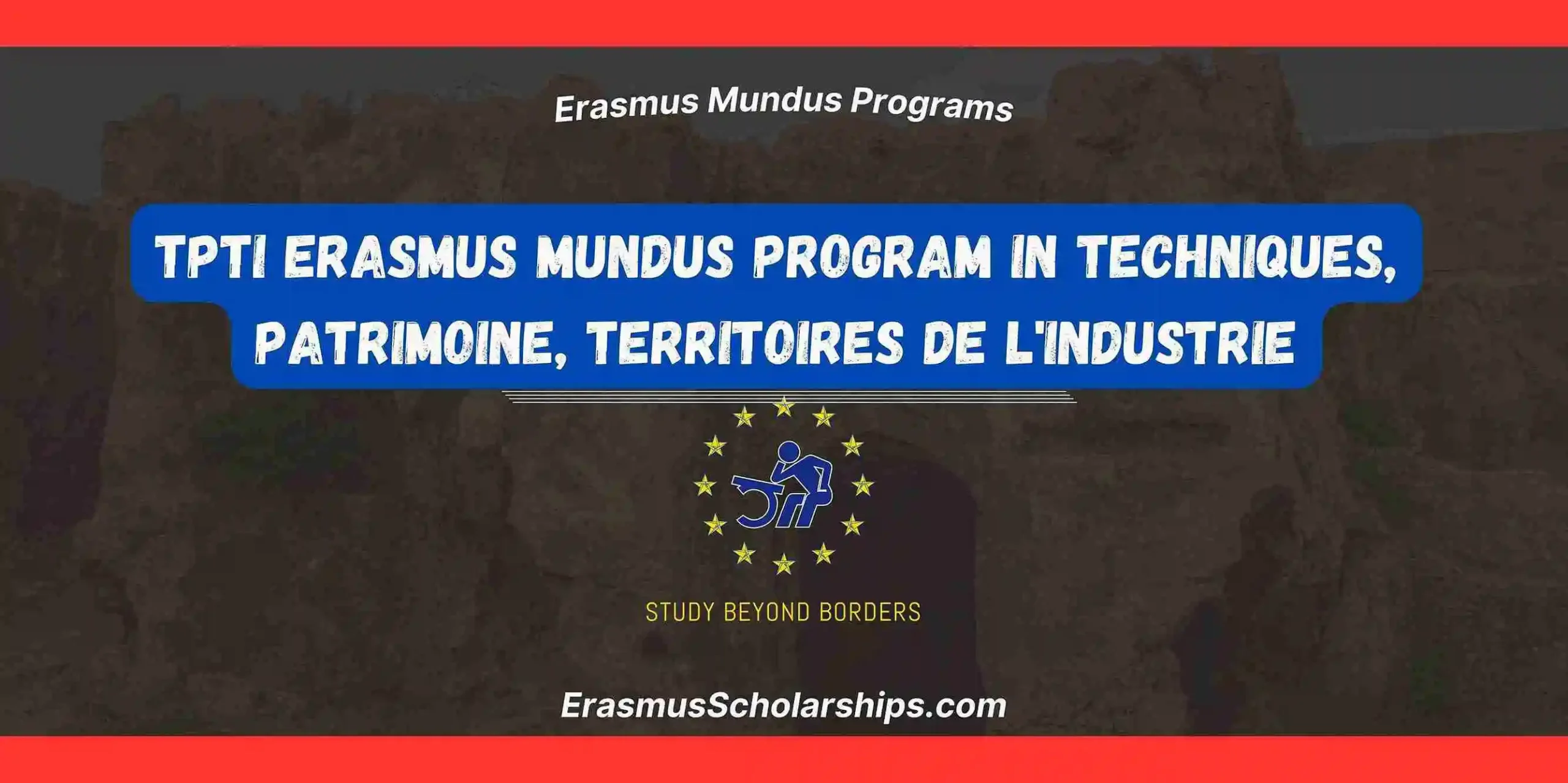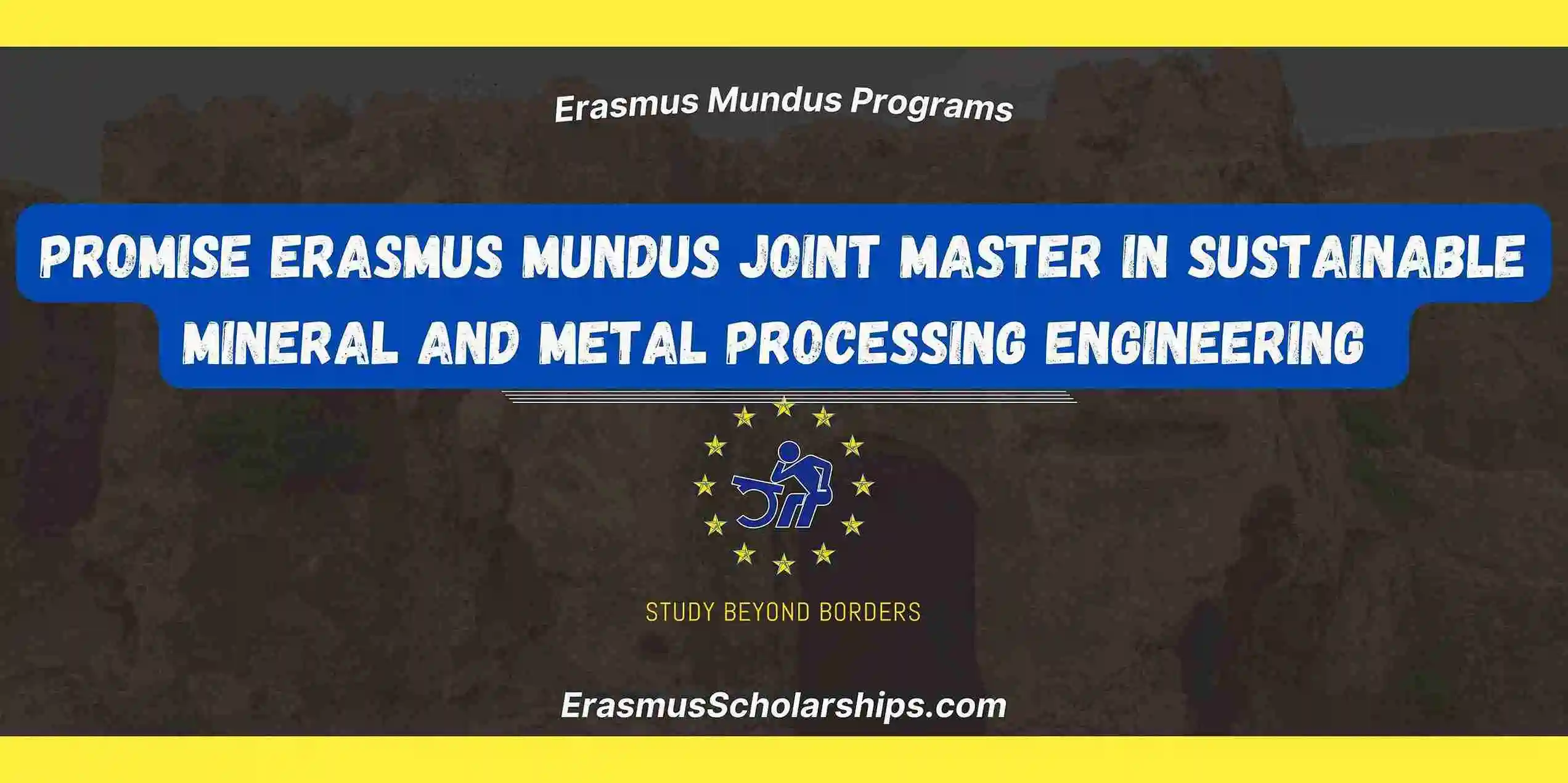The imAGEin Erasmus Mundus Program is a cutting-edge joint master’s degree focused on the Biology of Ageing. This interdisciplinary program provides students with the necessary tools and knowledge to explore aging at a molecular and cellular level, preparing them for careers in both research and industry. Students will gain an in-depth understanding of aging processes and the science behind age-related diseases, contributing to innovative solutions in the field of gerontology and biotechnology.
Project Status
- Status: Ongoing
- Start Date: 01-09-2024
- End date: 31-10-2030
- EU Recognition: Erasmus Mundus Joint Master Degree
- Programme: Erasmus+
- Key Action: Erasmus Mundus Joint Master Degree
- Number of Countries Covered: 4
- Universities Involved
- Countries Involved
The imAGEin Erasmus Mundus program offers students the opportunity to study at 5 top-tier universities across Europe.
| Université Côte d’Azur |
| University of Seville |
| University of Cologne |
| Sorbonne Université |
| University of Coimbra |
| France |
| Spain |
| Germany |
| Portugal |
This cross-border collaboration allows students to gain an international perspective while studying and researching in the heart of Europe’s academic and industrial hubs.
Description of the imAGEin Erasmus Mundus Program
The imAGEin Program aims to provide students with an extensive education in the biological mechanisms of aging. It combines scientific, technical, and entrepreneurial perspectives to offer a comprehensive understanding of aging at the cellular, molecular, and genetic levels. With a strong emphasis on research and industry collaborations, the program allows students to focus on age-related diseases, molecular biology, bioinformatics, and biotechnologies, preparing them for leading roles in aging research and gerontology.
Key Features
- International Experience: Study at multiple European universities, gaining global exposure and academic diversity.
- Multidisciplinary Curriculum: Combining biology, bioinformatics, healthcare, and entrepreneurship to offer a holistic view of aging research.
- Research Opportunities: Engage in cutting-edge research on aging and age-related diseases through collaborations with world-leading institutions.
- Erasmus Mundus Scholarship: Full scholarship opportunities for selected students, covering tuition, living expenses, and travel.
Mobility Tracks of the imAGEin Erasmus Mundus
The imAGEin program is structured to ensure that students gain diverse experiences across multiple European institutions, enhancing both their academic knowledge and cultural understanding. Students are required to complete mandatory international mobility between Year 1 and Year 2, defined at the beginning of the second semester (S2). This mobility involves spending at least one semester (30 ECTS) in a country different from the student’s country of residence.
Year 1:
- Semester 1: Students begin their studies at one of the partner universities, engaging in foundational courses related to the Biology of Ageing.
- Semester 2: Continuation of core courses, with an emphasis on specialized topics. At this stage, students define their mobility track, selecting the university they will attend in Year 2 based on their personalized training plan and available slots.
Year 2:
- Semester 3: Students relocate to a different partner university to broaden their research and academic perspectives. This semester allows them to specialize further in their chosen track:
- Fundamental Research: Focus on the basic biological mechanisms underlying aging.
- Applied Biomedical Research: Emphasize translational research and its applications in medical contexts.
- Innovation and Biotechnology: Explore the development of new technologies and innovative solutions in aging research.
- Semester 4: Students return to their initial university or choose another partner institution to complete their Master’s thesis, integrating their learning and research experiences from both years.
Admission Requirements for imAGEin Erasmus Mundus Program
- Bachelor’s Degree: A degree in biology, biotechnology, bioinformatics, or related fields (180 ECTS).
- Language Proficiency: Proof of English proficiency (TOEFL, IELTS, or equivalent).
- Academic Excellence: High academic standards with a strong interest in aging and biotechnology.
- Motivation: A compelling motivation letter explaining your interest in aging research and the program.
How to Apply for imAGEin Erasmus Mundus Program
Applications are accepted online through the official program website. Applicants will need to submit:
- Academic transcripts and degree certificates
- Proof of language proficiency
- A motivation letter
- Letters of recommendation
- A CV or resume
Tips To Win imAGEin Erasmus Mundus Program
- Strong Academic Background: Emphasize relevant coursework and research experience in biology, biotechnology, or bioinformatics.
- Clear Motivation: Articulate your passion for aging research and how the program aligns with your career goals.
- Recommendation Letters: Choose referees who are familiar with your academic achievements and research potential.
- Portfolio (if applicable): Showcase any relevant research, projects, or practical experience in the field of aging or biotechnology.
Application Timeline
- Application Deadline: January
- Application Deadline: April
- Program Start: September
Curriculum Structure of imAGEin Erasmus Mundus Program
The curriculum is structured over two years, focusing on foundational knowledge in the first year and specialization in the second year.
Year 1:
- Uni Côte d’Azur
- Uni Cologne
- Uni Seville
- Uni Coimbra
Semester 1
| Module Title | ECTS |
|---|---|
| Hallmarks and theories of aging | 6 |
| Tissue homeostasis, repair and regeneration | 6 |
| Physiology of Aging | 6 |
| Pathophysiology of transport and medicine | 6 |
| Molecular biology of cell membranes | 6 |
| Algorithms & Programming | 6 |
| Artificial Intelligence in Ageing | – |
Semester 2
| Module Title | ECTS |
|---|---|
| 1st year Internship and thesis | 21 |
| Technology transfer and entrepreneurship | 3 |
| Artificial Intelligence: Introduction to Machine Learning | 3 |
| Deeptech entrepreneurship: overcoming challenges | 3 |
| Winter School – Conferences | 3 |
Semester 1
| Module Title | ECTS |
|---|---|
| Seminar Module: Modern Techniques and Approaches in Aging Research | 6 |
| Lecture Module 1: Principles of Molecular Genetics, Development and Aging | 6 |
| Lecture Module 2 or 3: Computational Biology | 6 |
| Lecture Module 2 or 3: Ecology, Evolution, and Environment | 6 |
| Lecture Module 2 or 3: Neuroscience | 6 |
| Lecture Module 2 or 3: Advanced Biochemistry and Molecular Medicine | 6 |
| Lecture Module 2 or 3: Molecular Plant and Microbial Sciences | 6 |
| Joint imAGEin activities or Elective Module to be defined with local supervisor | 6 |
Semester 2
| Module Title | ECTS |
|---|---|
| Mitochondria and Neurodegeneration | 12 |
| Molecular mechanisms of Human Diseases | 12 |
| Molecular Genetics | 12 |
| Posttranslational Regulation Proteins | 12 |
| Advanced Light and Electron Microscopy | 12 |
| Epithelia and Stem Cells in Development, Homeostasis, and Disease | 12 |
| Functional Genomics | 12 |
| Cell Death in Inflammation, Immunity, and Disease | 12 |
| Mitochondrial Proteins: Biogenesis, Networks, and Functional Decline | 12 |
| Microbial Genetics | 12 |
| Molecular Human Genetics | 12 |
| Laboratory Module | 12 |
| Joint imAGEin activities or Elective Module to be defined with local supervisor | 6 |
Semester 1
| Module Title | ECTS |
|---|---|
| Omics technologies, functional genomics and Bioinformatics | 4 |
| Epigenetic | 4 |
| Cell cycle and Differentiation | 4 |
| Genome structure and dynamics | 4 |
| Molecular genetics in biomedical model organisms | 4 |
| Biochemical and physiological basis of aging and its control | 4 |
| Signal Transduction | 4 |
| Cell therapy and regenerative medicine | 4 |
| Valorization and knowledge transfer | 4 |
| Lifestyle, chronic diseases and healthy aging | 4 |
| Joint imAGEin activities and transversal skills | 6 |
Semester 2
| Module Title | ECTS |
|---|---|
| 1st year Internship and thesis | 30 |
Semester 1
| Module Title | ECTS |
|---|---|
| Cell Regulation | 6 |
| Molecular and Cellular Neurobiology | 6 |
| Molecular Mechanisms of Disease | 6 |
| Neural Circuits and Behavior | 6 |
| Laboratory Rotation I | 6 |
| Methodologies in Cellular and Molecular Biology | 4 |
| Joint imAGEin activities or Free choice from any other course at UC | 6 |
Semester 2
| Module Title | ECTS |
|---|---|
| Molecular Biology of Cancer | 6 |
| Neurobiology of Disease | 6 |
| Aging | 6 |
| Neuroimmunology | 3 |
| Computational Biology | 6 |
| Biostatistics and Experimental Design | 4 |
| Scientific Writing | 4 |
| Bioentrepreneurship and the creation of new ventures | 6 |
| Laboratory Rotation II | 6 |
| Research Plan in Cellular and Molecular Biology | 4 |
| Joint imAGEin activities or Free choice from any other course at UC | 6 |
Year 2
- Uni Côte d’Azur
- Uni Cologne
- Uni Seville
- Uni Coimbra
- Uni Sorbonne
Semester 3
| Module Title | ECTS |
|---|---|
| Neurophysiology of Aging | 6 |
| Artificial Intelligence in Aging | 6 |
| Modeling of biological systems | 6 |
| Immuno-Pathology | 6 |
| New therapeutic approaches | 6 |
| Pathophysiology of transport and medicine | 6 |
| Molecular biology of cell membranes | 6 |
| Network for Across-University Science (NAUS) | 6 |
| Behavioral and cognitive neuroscience | — |
| Winter School Conferences | 3 |
| Technology transfer and entrepreneurship | 3 |
| Artificial Intelligence: Introduction to Machine Learning | 3 |
Semester 4
Fourth semester is fully dedicated to the Master Thesis.
Semester 3
| Module Title | ECTS |
|---|---|
| Project Modules 1 | 12 |
| Project Modules 2 | 12 |
| Joint imAGEin activities or Elective Module to be defined with local supervisor | 6 |
Semester 4
Fourth semester is fully dedicated to the Master Thesis.
Semester 3
| Module Title | ECTS |
|---|---|
| Cellular basis of pathology | 4 |
| Advanced therapies in aging/neurodegeneration | 4 |
| Ethics in health management, research and innovation | 4 |
| Molecular basis of Immune regulation | 4 |
| Technologies for the study of the cell function | 4 |
| Computational Biomedicine | 4 |
| Biomedical engineering | 4 |
| Methods in biomedical research | 4 |
| Joint imAGEin activities and transversal skills | 6 |
Semester 4
Fourth semester is fully dedicated to the Master Thesis.
Semester 3 and 4
| Module Title | ECTS |
|---|---|
| Research Challenges in Cellular Biology and Biomedicine | 3 |
| Joint imAGEin activities and transversal skills | 6 |
| Dissertation in Biomedicine | 57 |
Semester 3
| Module Title | ECTS |
|---|---|
| Fundamental mechanisms of normal and pathological ageing | 6 |
| Pharmacological approaches to ageing | 6 |
| Scientific analysis: Environmental factors and ageing | 6 |
| Managing a research project | 6 |
| Inflammatory and disabling diseases handicap | 6 |
| Science and society | 6 |
| Cancer and environment | 6 |
| Physiopathology of sensory diseases and translational research | 6 |
Semester 4
Fourth semester is fully dedicated to the Master Thesis.
Coordinator Contact
For further details or assistance with your application, you can contact the program coordinator:
Institution: Université Côte d’Azur
Email: EUR-life@univ-cotedazur.fr
Frequently Asked Questions (FAQs)
What is the language of instruction of imAGEin Erasmus Mundus Program?
The program is entirely taught in English.
Can I apply for imAGEin Erasmus Mundus program without a background in biology or biotechnology?
A background in related fields like bioinformatics, biochemistry, or molecular biology is recommended.
Can non-EU students apply for imAGEin Erasmus Mundus program?
Yes, the program is open to students from all over the world.
What career opportunities are available after completing the imAGEin Erasmus Mundus program?
Graduates typically pursue careers in research, healthcare, the pharmaceutical industry, or academic institutions focusing on aging and age-related diseases.
How long does the imAGEin Erasmus Mundus program last?
The program lasts for two years, with mobility to four different universities.
Can I stay in Europe after graduation from imAGEin Erasmus Mundus program?
Graduates can apply for post-study work opportunities in Europe, depending on the specific country’s regulations.

